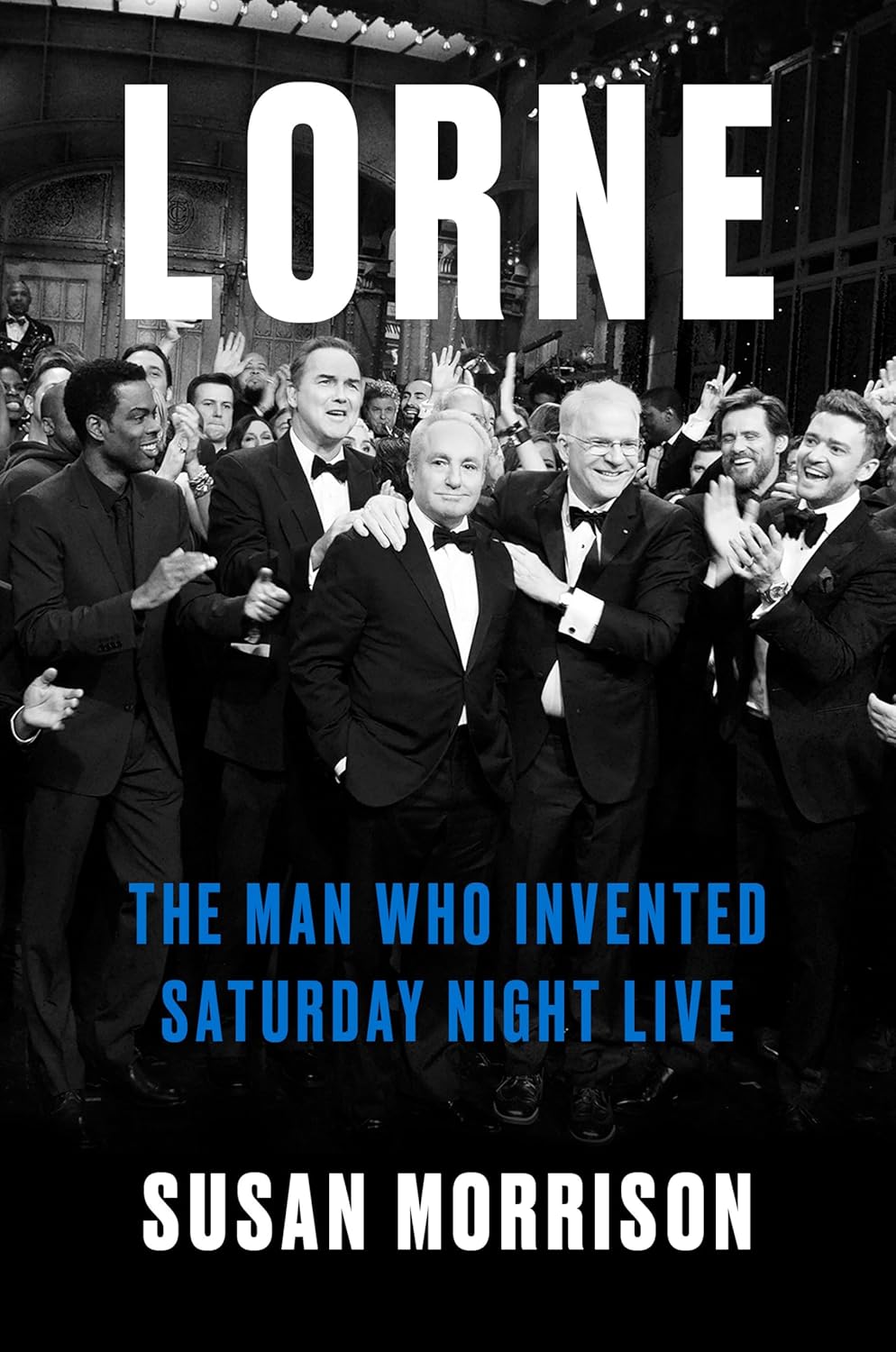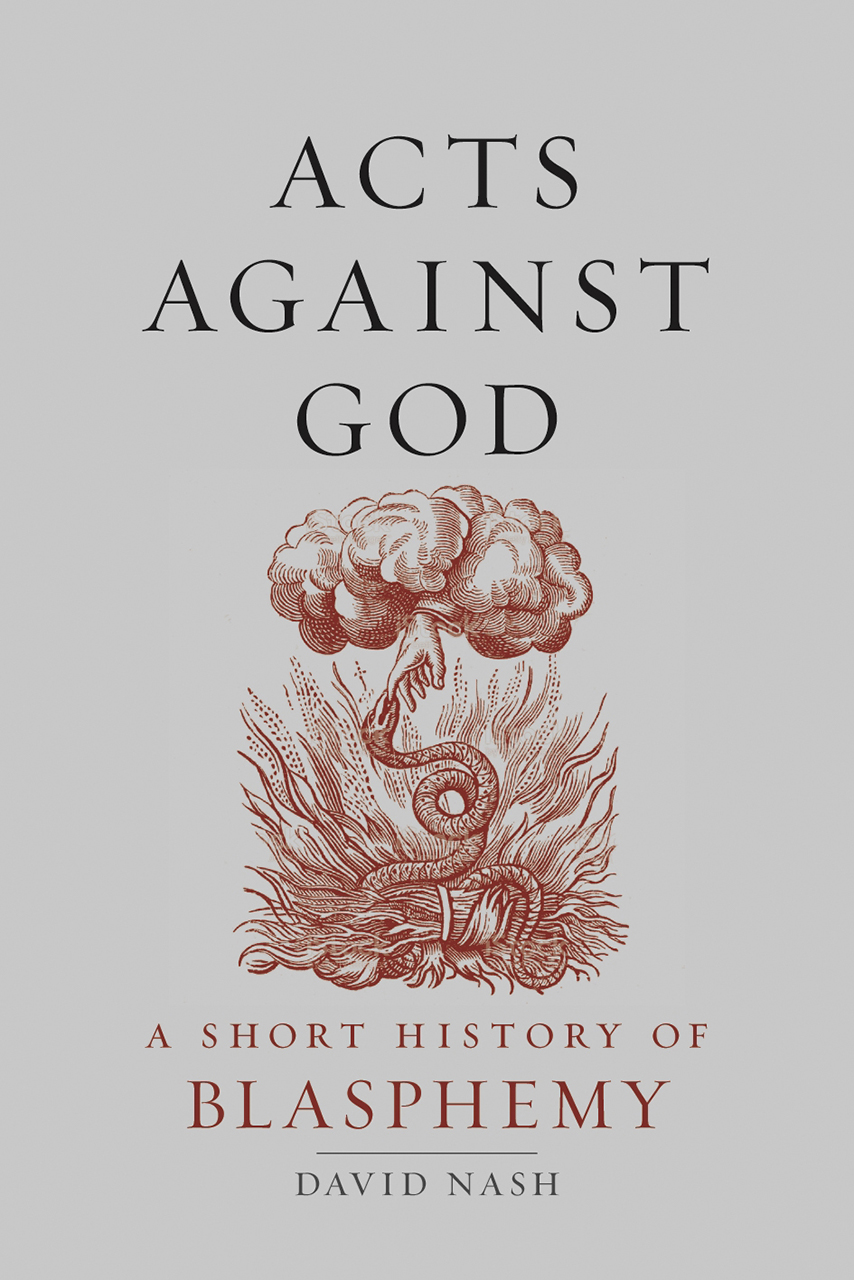Lorne: The Man Who Invented Saturday Night Live
- By Susan Morrison
- Random House
- 656 pp.
- Reviewed by Daniel de Visé
- February 11, 2025
A solid if undramatic look at the iconic showrunner.

“Saturday Night Live” has emerged through the decades as one of television’s greatest works, if only by dint of how many decades it has been on the air. Eddie Murphy, Chris Rock, Tina Fey, Amy Poehler, John Belushi, Bill Murray, Jimmy Fallon, Adam Sandler, Will Ferrell, “Wayne’s World,” and “The Blues Brothers” all pretty much began at SNL.
You could fill a shelf with books that tell the SNL story. Dave Itzkoff listed eight standouts in a recent New York Times article. The best-known is probably Live From New York, an oral history by James Andrew Miller and Tom Shales. The best actual history is still Saturday Night, a mid-1980s work by Doug Hill and Jeff Weingrad.
Now comes Lorne, a 600-page biography of Lorne Michaels, the man who created SNL, per the book’s subtitle. The claim is probably more or less true, although Michaels had many early collaborators, from NBC executive Dick Ebersol to founding writer-performers Chevy Chase and Michael O’Donoghue.
Lorne is not a memoir. It is a biography, reported and written by Susan Morrison, an editor at the New Yorker. It’s her first book, and she apparently spent a decade preparing it. A 2016 Times article, also penned by Itzkoff, noted that it was already under way.
Notwithstanding the New Yorker pedigree, Lorne reads more like a very good, book-length Vanity Fair profile. In it, Morrison tells us what makes Michaels tick, and that is no small feat: the likes of Murphy and Chase had been trying to figure that out for half a century.
To grossly oversimplify: Michaels lost his father young, and he seems to have spent his adult life building a large surrogate family, populated mostly with SNL cast and crew and famous friends. He delights in having friends so very famous that people (of his generation, at least) will know them by their first names: Mick, as in Jagger; Jack, as in Nicholson; and Paul, as in McCartney and Simon.
The SNL patriarch comes off as both deeply supportive and emotionally aloof, known for episodes of gaslighting and inscrutable summations of other people’s work. Then again, imagine trying to manage all those egos: Would anyone other than Michaels really want the job?
As a collector and name-dropper of famous friends, Michaels reminds me of Jann Wenner, the Rolling Stone founder, who likewise cherishes his speed-dial relationships with his heroes. The two men also shared a knack for hiring the right people and making the right decisions in captaining their respective ships, at least in the early years.
(Speaking of Wenner: Morrison keeps referencing the New Yorker, a publication that barely covered SNL at the start. Rolling Stone would’ve been the better choice: It owned the SNL beat in the 1970s.)
Morrison reels off terrific accounts of two of Michaels’ signal accomplishments at SNL: selecting the show’s 1975 founding cast — the gang that included Belushi, Gilda Radner, and Dan Aykroyd — and populating the 1986 comeback cast, including Dana Carvey and Phil Hartman.
SNL’s comeback is a great story: Michaels left the show in 1980, along with the original cast, and returned five tumultuous years later. At moments in the early 1980s, Murphy was the only reason to watch.
Michaels grew up with television. He dreamed of a program by and for the television generation, a group of 20- and early 30-somethings who knew TV the way French people know wine. He wanted edgy, surrealist humor, the kind that graced the stage of National Lampoon’s Lemmings and Chicago’s Second City. (Belushi, Chase, Murray, Radner, and O’Donoghue came from the former; Aykroyd, Belushi, Murray, and Radner had done the latter.) Michaels also drew heavily from Monty Python, a program he saw in Canada years before it debuted in the States.
It took Michaels years of effort to convince anyone to greenlight his program. Most of the executives who ran the networks were decades older, more comfortable with suits and martinis and Johnny Carson than with jeans and weed and Richard Pryor.
That struggle, pitting the television generation against the television establishment, provides the narrative arc to the Lorne Michaels story. Jason Reitman, the filmmaker, placed the conflict at the center of “Saturday Night,” his spirited 2024 docudrama that stuffs about two years’ worth of narrative conflict into one 90-minute span on the night of the SNL debut.
I think Morrison underplays that narrative arc in Lorne. It’s a shame: Had she dialed up the tension between the pot-smoking Michaels and his martini-sipping elders, she could have proceeded to chart Michaels’ gradual but inevitable transformation, across 50 years of SNL, into one of the suits. Instead, we get long lists of famous people eating at fancy restaurants. We are meant to marvel at the simple fact of Kate McKinnon ordering a big steak.
Michaels did not have veto power over Lorne’s content, according to the publisher. But he did give the biography his blessing, and he gave Morrison unfettered access to the SNL tribe. The resulting book wields an authority most prior SNL books have lacked.
Sometimes, Morrison leans a little too heavily on Michaels’ account. At one point, she states as fact that director John Landis wanted to hire Belushi, Aykroyd, and Chase for “Animal House” — to make it, in Michaels’ words, “an SNL movie.” Yet that is certainly not how Landis remembers it. The director told me he resisted hiring Chase, in particular, partly for fear “Animal House” might become an SNL movie.
Morrison is a skilled writer. I think she writes a little too much on Michaels’ formative years, as a kid in Canada and as a writer and producer in television. Those scenes would play better were Michaels a performer. As it is, in my review copy, Michaels doesn’t actually invent SNL until page 135, and the program doesn’t debut until page 214. It’s a long wait.
Morrison breaks up the chronology with a series of vignettes pulled from a single week in SNL history. It’s a great device. We get to see an episode come together, with fascinating insights into how Michaels works and the miracle that a coherent 90-minute broadcast ever airs. (I agree with many SNL alums that most reviews of individual episodes are absurdly harsh.)
As I read, I wondered why Morrison chose a week in 2018 to study in depth. The resulting narrative keeps flashing forward not to the present but to the almost-present, a moment before covid and the 2020 election.
That was weird, but I forgave her in the end. Though Morrison dwells on a relatively inconsequential episode seven years past, that broadcast fueled one of the biggest dust-ups in SNL history. I won’t give it away. You’ll remember when you read it.
Bottom line: Lorne is a definitive profile of the SNL creator, deeply researched and adeptly written. All that’s missing is a cinematic flourish of narrative conflict. For that, you’ll have to rent Reitman’s “Saturday Night.”
Daniel de Visé is the author, most recently, of The Blues Brothers: An Epic Friendship, the Rise of Improv, and the Making of an American Film Classic.

.png)